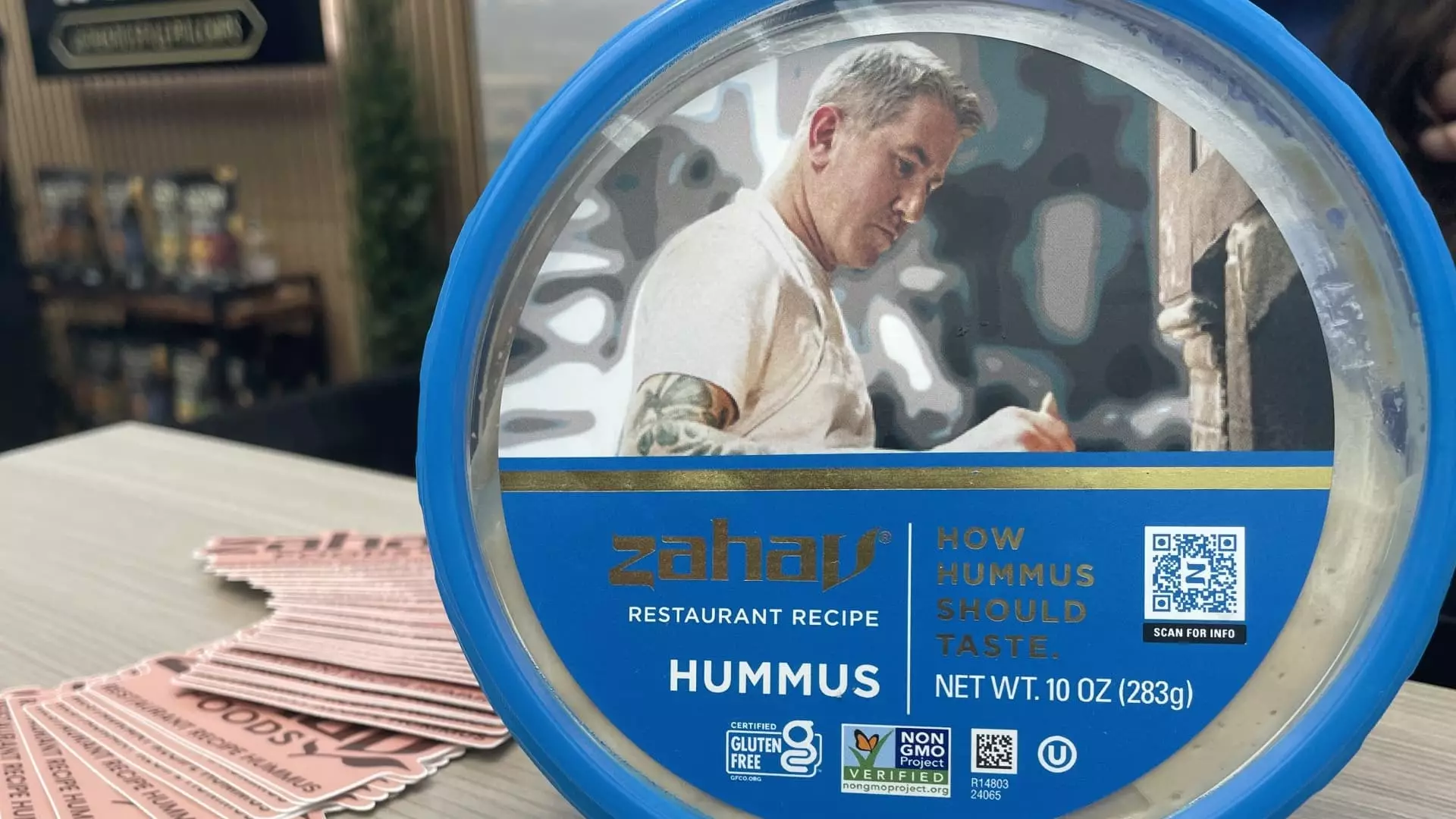In recent years, the culinary landscape has been inundated with fleeting food fads that promise innovation but often deliver superficial novelty. While the Specialty Food Association’s Summer Fancy Food Show showcases these trends, it’s crucial to recognize how they distort the essence of genuine, time-honored flavors. Instead of celebrating culinary craftsmanship rooted in tradition, the modern food scene gravitates toward trendy infusions and gimmicks—such as flavored olive oils or “swicy” concoctions—that sometimes compromise quality for attention. This relentless chase for the newest sensation risks eroding the integrity of classic recipes, which were cultivated over centuries as expressions of culture and identity.
The obsession with innovation can lead consumers astray, lured by the spectacle of exotic ingredients like Dubai chocolate or the buzz of viral TikTok foods, which often have little staying power beyond social media hype. These trends tend to prioritize momentary shock value over substance, encouraging fleeting infatuations rather than appreciation for authentic flavors. The danger lies in a shift that elevates the superficial at the expense of genuine culinary heritage—ultimately undermining the values of patience and respect for tradition that sustain quality cooking.
The Commercialization of Food Trends: A Double-Edged Sword
The food industry’s eagerness to capitalize on trends like plant-based substitutes or infusions of new flavors often results in a superficial veneer rather than meaningful advancements. While brands like Honest Tea or Tate’s Bake Shop started as small entrepreneurs driven by passion, now they find themselves navigating a marketplace saturated with products tailored solely for trend-hopping consumers. This commercialization fosters a cycle where innovation becomes more about marketing hype than genuine culinary progress.
Moreover, the commodification of concepts such as “swicy” or specialty mustards reveals a trend where culinary creativity is often reduced to branding opportunities rather than meaningful improvement. A “caviar of mustards” or exclusive infused olive oils might seem innovative on paper, but they often serve to inflate price tags and create illusion rather than solve real culinary needs. Such trends risk trivializing the art of cooking, turning it into a spectacle designed for Instagram moments rather than fostering genuine appreciation and mastery.
The Myth of “Healthy” Foods and the Misguided Nostalgia
Public figures advocating supposed health benefits—like the promotion of beef tallow as a “healthy” alternative—highlight the disconnect between marketing narratives and nutritional science. The resurgence of beef tallow propelled by political or ideological figures is more about fueling populist sentiment than genuine health benefits. Experts overwhelmingly counter such claims, emphasizing that many of these advocates are driven by ideological motivations rather than scientific understanding.
This trend reflects a broader societal shift where misinformation exploits nostalgia for “traditional” foods while sidestepping rigorous nutritional standards. It’s a reckless capitulation to populist rhetoric that could undermine public health. Food that carries cultural or nostalgic significance should not be repurposed as a marketing tool for political agendas; it ought to be appreciated with discernment and respect for actual nutrition.
The Future of Food: A Reckoning with Authenticity vs. Convenience
As the food industry continues down its trend-driven path, consumers are faced with a choice: embrace superficial novelty or seek genuine quality rooted in integrity. While innovative products like flavored oils or plant-based cheeses have their place, they must complement rather than replace traditional culinary craftsmanship. The obsession with rapid innovation risks sacrificing authenticity on the altar of hype.
Critical consumers should question the motives behind new products and the long-term value they offer. True culinary progress involves respecting the ingredients, honoring regional origins, and appreciating age-old techniques. The current obsession with trendiness not only jeopardizes culinary integrity but also risks alienating those who value food as a cultural and artistic expression—an expression worth preserving amidst the chaos of fleeting fads.

